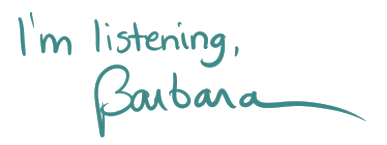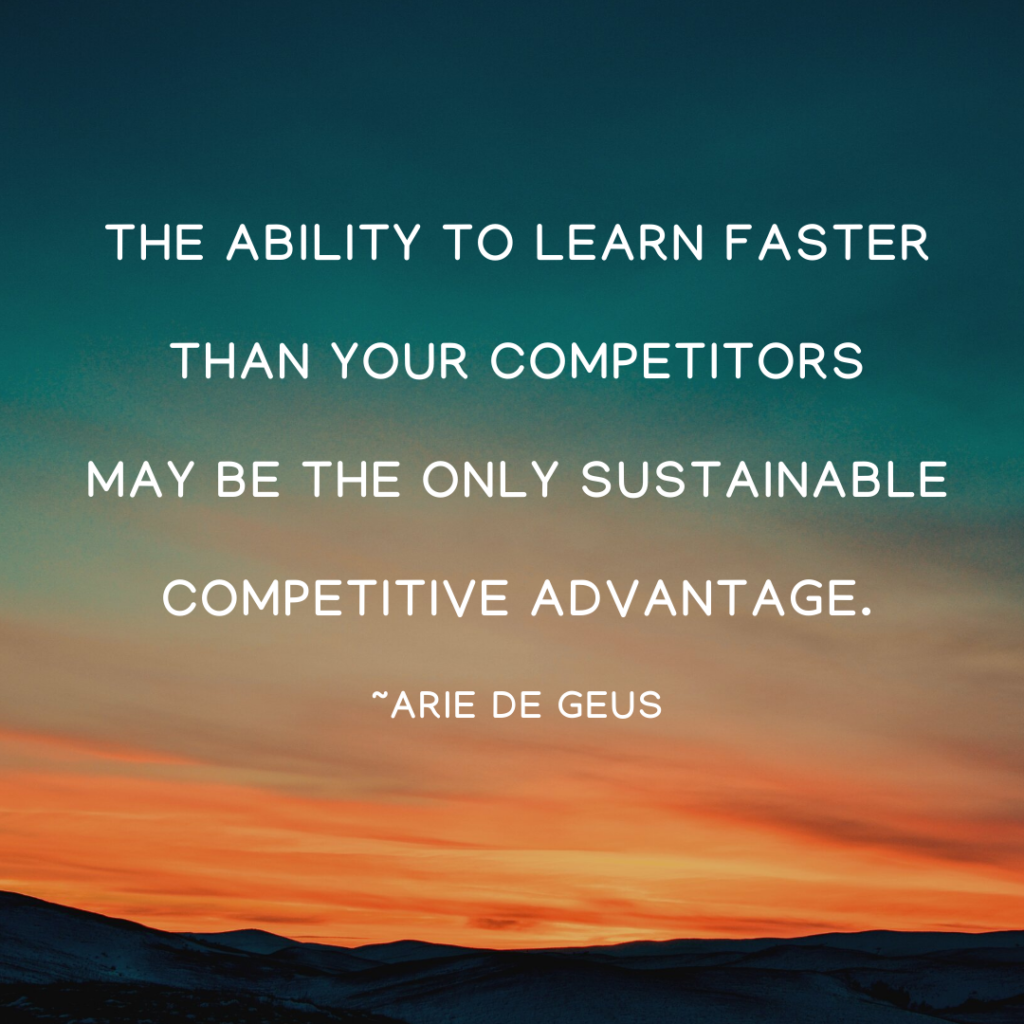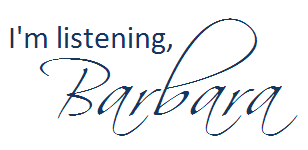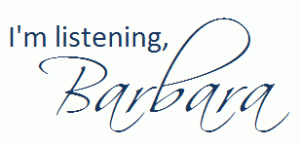If you’ve been teaching synchronous online classes lately, you might have noticed something strange: the silence. It’s not just a technical glitch; your students just aren’t speaking up. They’re not chiming in during discussions, and those “Any questions?” moments are met with… nothing. If this sounds familiar, you’re not alone.

Educators everywhere are grappling with this. A recent Newsweek article even called it “eerily silent.” And for a generation like Gen Z, who practically live online, it’s baffling. So, what’s going on? More importantly, how can we bring back the chatter that makes learning dynamic?
Let’s explore why students might be keeping quiet and, better yet, how we can help them feel more comfortable speaking up.
Why the Silence?
There are a few reasons why students might hesitate to speak up in online classes. Here are some of the big ones:
- Camera Anxiety: Turning on a webcam can feel like stepping into a spotlight. Many students worry about how they look or who’s watching.
- Lack of Connection: It’s tough to feel comfortable talking when you don’t really know the people on the other side of the screen.
- Tech Frustrations: Delays, glitches or unfamiliarity with the platform can make participation awkward or intimidating.
- Unclear Expectations: Without clear cues from the professor, students might not know when or how to jump in. (Do they just talk? Do they need to raise their virtual hand first? Are they supposed to respond in the chat?)
And let’s not forget the mental health challenges many students are facing. Anxiety and isolation have spiked since the pandemic, making it even harder to engage.
How to Get Them Talking
The good news? You can turn things around. Here are a few strategies to help students feel more at ease and ready to participate, with insights from Faculty Focus and other resources:
1. Set the Tone for Engagement
According to Faculty Focus, establishing a participatory culture early on is key. On day one:
- Share your expectations for engagement clearly.
- Use icebreakers to help students feel connected. (TIP: I start every class — not just the first one — with a question on the screen they can answer in the class chat as they arrive.)
- Model vulnerability by sharing something about yourself, such as a quirky hobby or an embarrassing moment.
2. Use Technology to Support All Voices
Speaking out loud can be intimidating. Thankfully, online platforms give students other ways to join in:
- Encourage the use of chat for quick responses or reactions during live sessions.
- Use tools like Microsoft Teams’ Whiteboard or Padlet to facilitate collaborative brainstorming.
- Experiment with polls or quizzes to make participation more interactive and less stressful. (TIP: I use Kahoot‘s poll/quiz feature about once a week to engage my students in a fun way.)
Faculty Focus also suggests the creative use of emojis and reactions in the chat to make students feel heard without the pressure of speaking aloud.
3. Design for Structured Interaction
Unstructured discussions can leave students unsure about when or how to contribute. Instead, provide structure:
- Use breakout rooms for small group discussions. These are less intimidating and allow students to build confidence before returning to the larger class. (TIP: Pop into the breakout rooms on occasion to make sure things are going smoothly.)
- Assign specific roles, like discussion leaders or note-takers, to give students a clear sense of purpose in the conversation.
- Rotate participation duties so everyone has a turn without feeling singled out.
4. Normalize Mistakes as Part of Learning
Students often stay silent because they’re afraid of being wrong. Reframe participation as a process of learning, not a performance:
- Encourage students to ask questions by modeling curiosity yourself. For instance, “I wonder what would happen if we applied this concept differently?”
- Celebrate effort and contributions, even when they’re not perfect. Acknowledging the value of their ideas builds confidence. (TIP: Use their names when praising them.)
5. Make Engagement Rewarding
Participation doesn’t have to be tied to punitive grading. Instead, show students how their input matters:
- Include their ideas in your lesson plan. For example, “Last week, Emma mentioned X, and it ties perfectly into today’s topic.” (TIP: I take a lot of notes during class sessions, using Notability on my iPad, for just this purpose.)
- Highlight insightful contributions in follow-up emails or announcements.
- Create collaborative rubrics for participation; ask your students what great engagement looks like, and evaluate them on that.
Looking Ahead
Online classes might feel quieter than usual, but that doesn’t mean it has to stay that way. With some thoughtful tweaks and a little empathy, it’s possible to create dynamic, engaging spaces where students feel comfortable participating. What works for one teacher might not work for another, but experimenting with different strategies can lead to those rewarding “aha” moments that make it all worthwhile.
What’s worked for you in encouraging student engagement? Share your tips—we’re all in this together.

Resources
Best Practices for Synchronous Online Courses
The University of South Carolina’s Center for Teaching Excellence provides guidelines focusing on interaction and active participation in live online sessions.
Engaging Students in Structured Discussions in Synchronous Online Classes
The University at Albany offers strategies to ensure meaningful interactions during live online discussions.
Recommendations to Increase Student Engagement in Online Courses
Northern Illinois University provides tips to enhance student engagement, applicable to synchronous online settings.
Engagement and Interactivity in Online Synchronous Learning
The University of Denver discusses key components of learner-instructor engagement crucial in online learning environments.
Office of Teaching and Learning
Synchronous Online Classes: 10 Tips for Engaging Students
Faculty Focus shares practical tips to increase engagement, participation, and accountability during virtual meetings.
NOTES
The framework of this article was inspired by ChatGPT.








